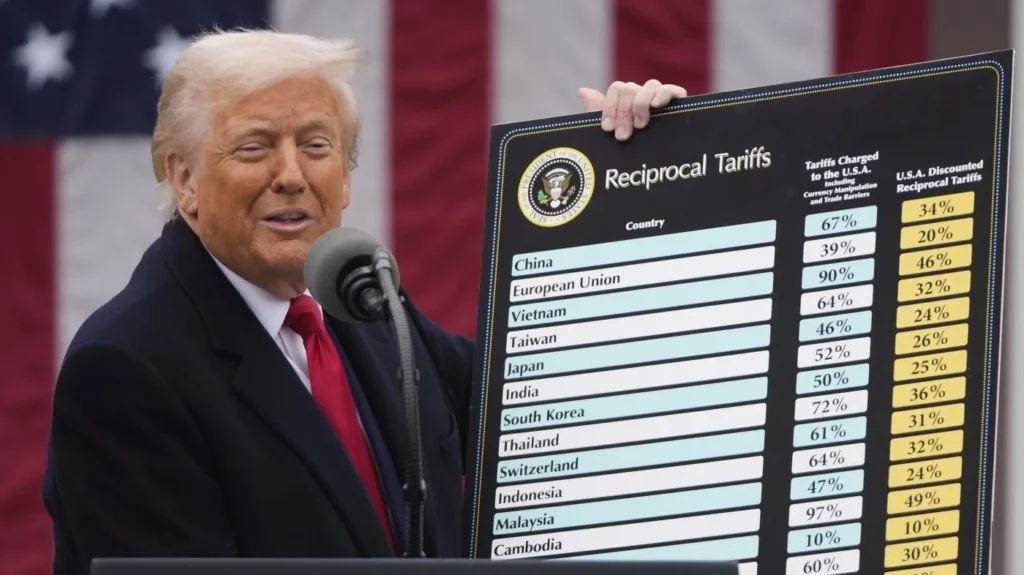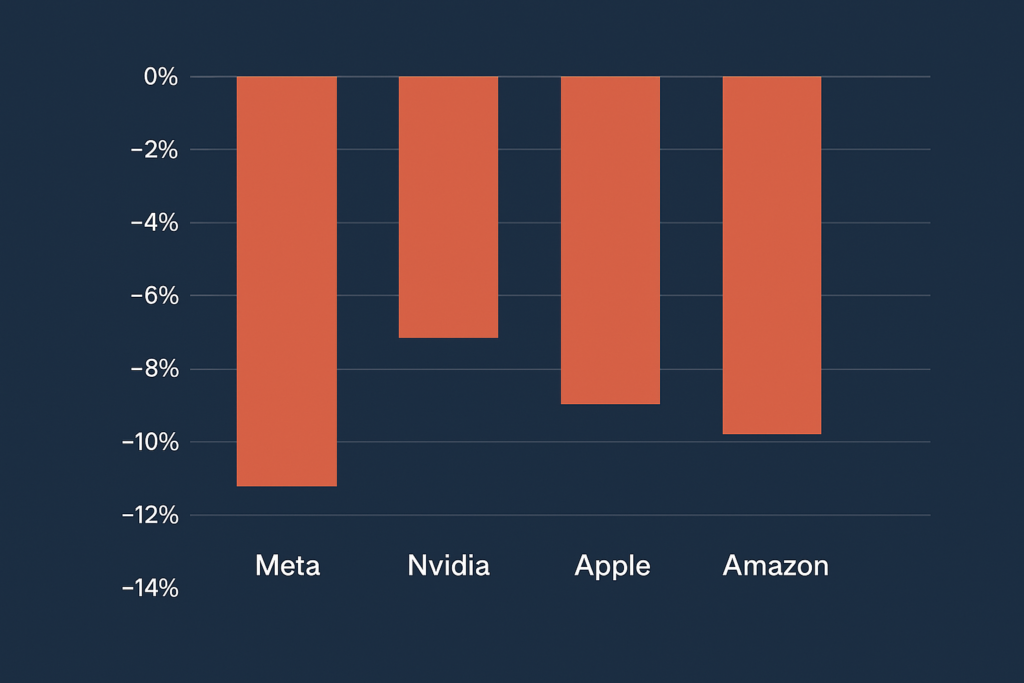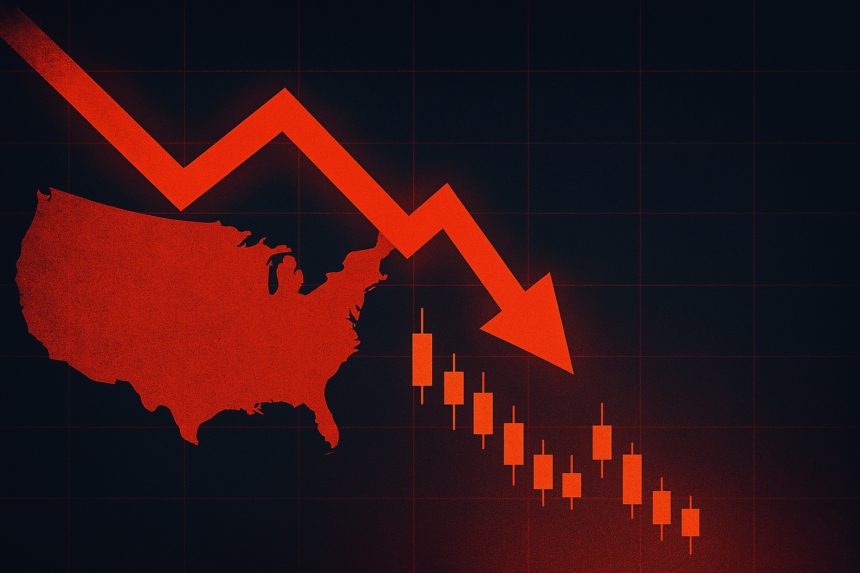President Donald Trump ramped up the U.S. trade war to assert more control over international trade, introducing new tariffs that sent shockwaves across the global market. On the day of his announcement, tech stocks plummeted, with major players like Meta, Nvidia, Apple, and Amazon all suffering notable losses. Some industries, however, weathered the storm, while others are feeling the full brunt of the fallout.
TF explores the winners and losers of the latest tariff measures and their impact on tech globally.
What’s Happening & Why This Matters
On Wednesday, President Trump rolled out new tariffs as part of his administration’s escalating trade war, affecting virtually every corner of the globe. These tariffs, explicitly targeting countries such as Taiwan and the European Union, threw a wrench into the market, causing widespread uncertainty. The immediate result was a significant drop in the stock prices of several major tech companies. According to Google financial data, stocks for Meta, Nvidia, Apple, and Amazon fell between 5% and 13%.

While the tariff strategy brought market chaos, some sectors emerged unscathed or even positioned to thrive. The semiconductor industry and companies driving the artificial intelligence (AI) revolution emerged as winners. Taiwan Semiconductor Manufacturing Company (TSMC), the most prominent AI chip supplier, was exempted from the 32% tariffs levied against Taiwan. This exemption came at a crucial time as TSMC plans a $100 billion investment in U.S. facilities, which the White House hailed as the most significant foreign direct investment in U.S. history.
Meanwhile, e-commerce giants like Shein, Temu, and Amazon found themselves on the losing side. The U.S. executive order signed alongside the tariff increase effectively closed a loophole that had allowed Chinese goods to be imported without duties if valued under $800. This de minimis exemption allowed companies like Amazon to rapidly expand their market share in the U.S., making cheap Chinese goods easily accessible to American consumers. However, the new tariffs introduced a 30% duty on these goods, with rates set to increase to $50 per item by June 1.
Trump’s executive order also attacked China for deceptive shipping practices, including hiding illicit goods like opioids in packages. As a result, this move may cause a serious setback for e-commerce companies that rely heavily on Chinese suppliers. Research from Marketplace Pulse found that Chinese sellers have taken control of more than 50% of the Amazon market, leaving American sellers with a smaller share of roughly 45%.

TF Summary: What’s Next
As these tariffs shake the tech world, the impact on the market will likely continue to unfold. Semiconductors and AI companies such as TSMC will likely benefit from the tariff exemptions, allowing them to continue fueling the growth of AI technology. On the other hand, e-commerce players, especially those relying on Chinese imports, may face significant challenges with the increased duties and regulatory pressure. These changes underscore the growing tension between global trade practices and the emerging tech giants.
In the coming months, companies will adjust their strategies to capitalize on exemptions or adapt to the new regulatory stance. As the tariffs war plays out, it will be important to monitor shifts and their impacts on… well… EVERYONE.
— Text-to-Speech (TTS) provided by gspeech.


